Subject: Photography
Objective: Students will in groups research career and employment avenues to apply the skills that they are learning within. The project is intended to be divided into 4-5 days of work where they also submit self-assessments and peer assessments.
Career Research Assignment
Overview
Hello all! The Ministry of Education looks to us to connect the subject matter to real-world applications and career opportunities. It also asks us to give some focus on the development of interpersonal and group work skills, as they are particularly valuable to you moving forward into your lives ahead. To that end today we’re going to be exploring the careers associated with the field of photography and digital imagery management/manipulation.
Project Details
Canadian Armed Forces Imagery Technician Master Corporal Kurt Visser capturing video products for the Army Public Affairs team.
Your project will be completed in a Google Slides project which you will find in the workspace. You are tasked with researching one career relative to our studies. Here are the areas which I want to see explored in the project specifically:
1. Industry History – a brief background of the specific career pathway you’re researching exploring such things as how the industry/career started, what it looked like, why it exists, and what it encompasses. Be specific and detailed.
2. Pathways for Entering the Career – Explore how someone can join this field, what would it look like and what are the requirements (Post-secondary, apprenticeship, standardized testing for specific qualifications such as red seals, etc., and what would the associated costs/income be at each stage for the different avenues?). Consider detailing the organizations which offer programs to enable people to achieve the qualifications. Also, consider exploring barriers for entry (ie. Firefighters are required to pass colour blindness testing, pilots have to be within a certain body size/shape to fit into certain cockpits, etc.)
Camera equipment packed and ready to head to a job.
3. The Day-to-Day – Profile what a life in this career would look like day-to-day at different stages (as a beginner, after establishing yourself, down the road) looking to things like how much it pays, what you will do regularly, and career progression. Answer questions such as, what will a person’s average day entail? Will the training benefit them personally? Will their personal lives be impacted by this career direction? Is there room to branch out down the road and participate in other forms of employment? What does retirement look like and when will it happen on average? What will be the lifestyle that this career affords you outside of working hours?
4. Governing Bodies – Detail any regulations which might ensure the quality of the career. Do practitioners submit to government oversight? Are they unionized? Do they belong to any professional bodies such as colleges which govern the standard of their training and/or practice, etc. Here you should speak to things like the costs and benefits of such bodies, and you should also speak to any liability or risk with those things (think malpractice, union strikes, etc.)
5. Benefits to the Career – Does it come with exposure? Special training? Unique experiences? The benefit of being able to serve people in need or raise awareness to a particular social cause? Answer the question of ‘why’ someone might be really interested in this career path.
A Nikon D4 DSLR equipped with a 14-24 F/2.8 lens.
6. Risks of the Career – What might you be risking in this line of work? Are there dangers associated with it? Does it have difficult hours or environments? Is any post-secondary training particularly difficult or taxing? Are there substantial opportunity costs associated with not going another direction?
7. Famous Practitioners – Please choose at least 1-2 people who are well known (it may be relative to the nature of the employment) and detail their specific contributions to the career.
8. Classes Required – If your career pathway requires specific experience or formal education, detail what courses here in the school a person would/should take to enable them to enter the career.
Things to dO:
Reference your sources! Your work should be supported by quality source material, and furthermore you should be recognizing the people who did the work which you are referencing (MLA, APA, Chicago, etc. are NOT required for this assignment)
Spend the time to consider grammar, spelling, and flow – don’t just trust your gut, have someone else review it.
Seek permission from the teacher if your career may be potentially edgy (consider that we have to observe things like the Ontario Catholic Graduate Expectations - https://www.ocsb.ca/our-schools/high-school/earn-a-high-school-diploma-and-more/ossd/catholic-graduate-expectations/)
Things NOT to dO:
Bullet point lists where the points are vague and/or irrelevant
Making assumptions and presenting them as factual
Run-on sentences
Straying from the section focus to explore irrelevant information (no matter how interesting it may be). If it’s so important then consider giving it its own section.



